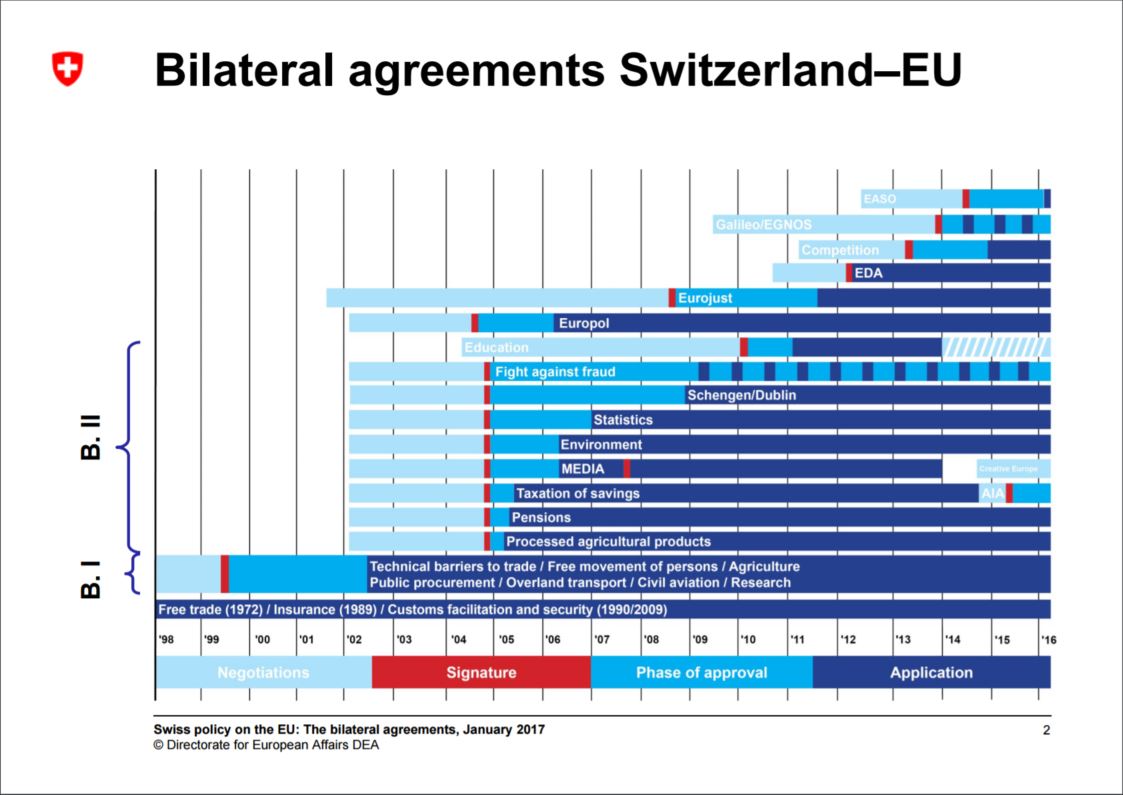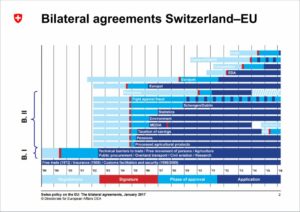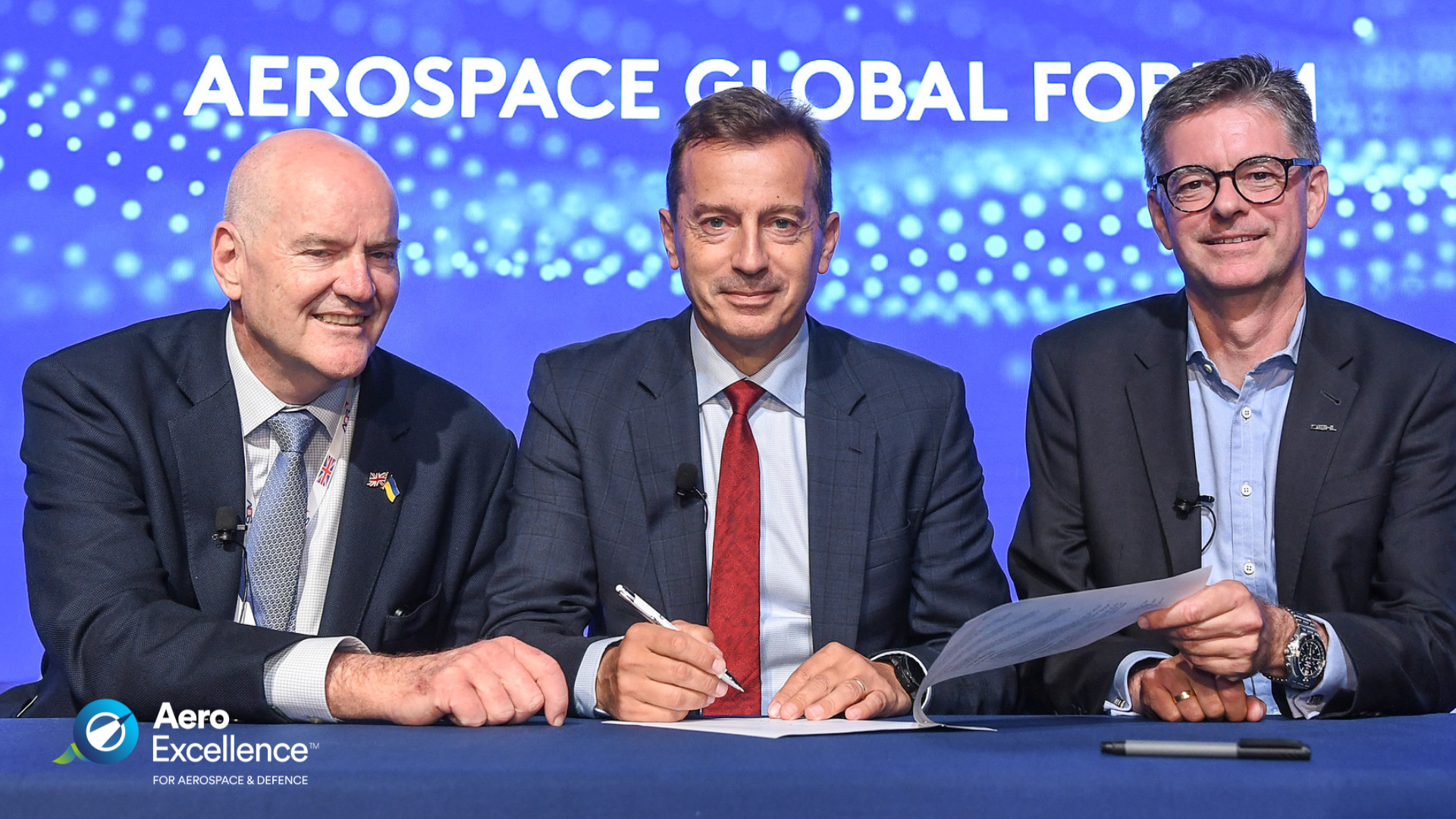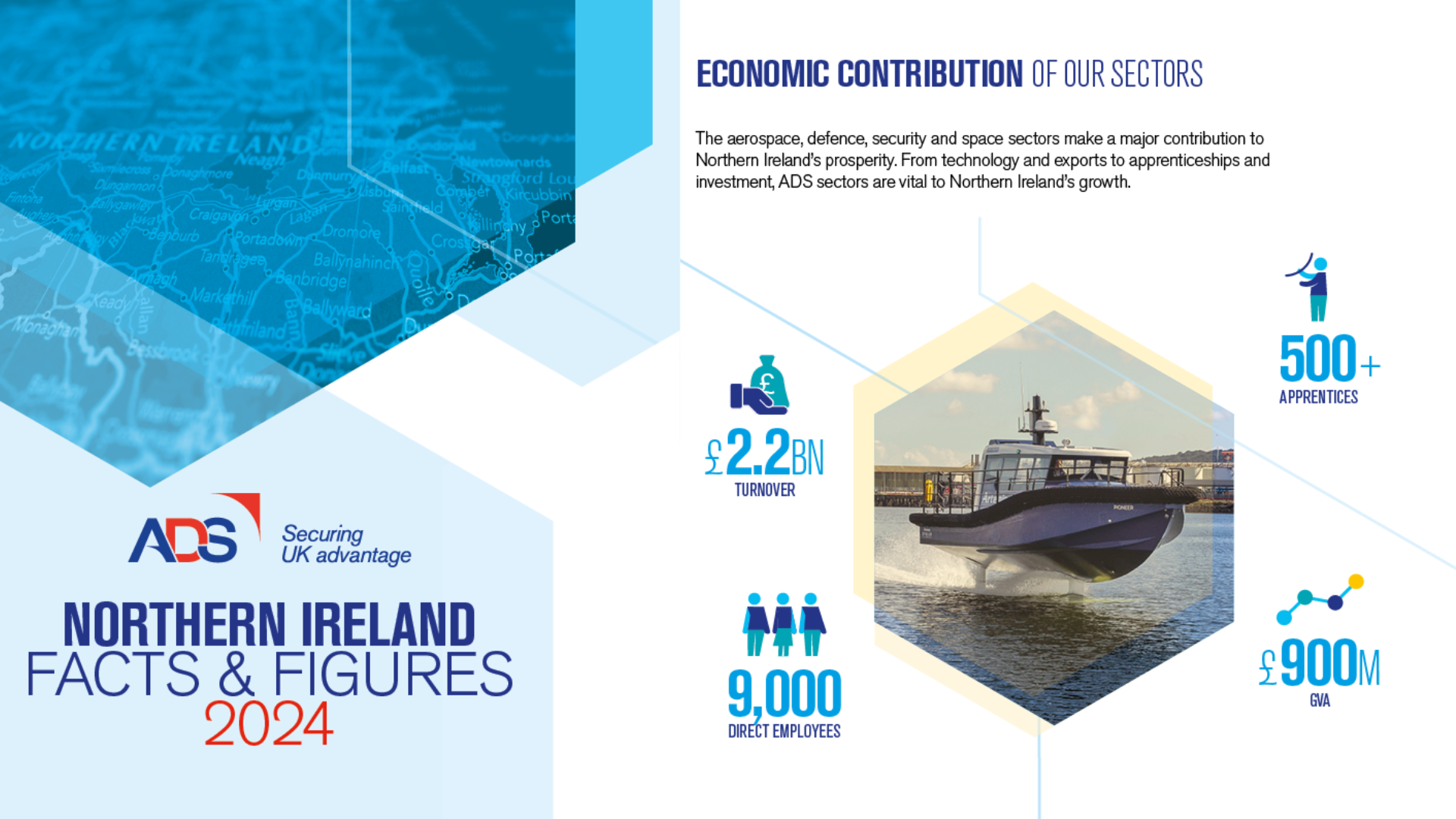
All in all, there was only one new element to the PM’s speech. Leaving the Single Market was something that was always going to happen given her views on immigration and the ECJ. So too the flexibility on the Customs Union (which had been mentioned by the PM, David Davis and Liam Fox in December. As such ADS’ priorities for Brexit haven’t changed because of today’s clarity.
No, the real thing we learned was about a “smooth, orderly Brexit” (emphasis added):
But there is one further objective we are setting. For as I have said before – it is in no one’s interests for there to be a cliff-edge for business or a threat to stability, as we change from our existing relationship to a new partnership with the EU.
By this, I do not mean that we will seek some form of unlimited transitional status, in which we find ourselves stuck forever in some kind of permanent political purgatory. That would not be good for Britain, but nor do I believe it would be good for the EU.
Instead, I want us to have reached an agreement about our future partnership by the time the 2-year Article 50 process has concluded. From that point onwards, we believe a phased process of implementation, in which both Britain and the EU institutions and member states prepare for the new arrangements that will exist between us will be in our mutual self-interest. This will give businesses enough time to plan and prepare for those new arrangements.
This might be about our immigration controls, customs systems or the way in which we cooperate on criminal justice matters. Or it might be about the future legal and regulatory framework for financial services. For each issue, the time we need to phase-in the new arrangements may differ. Some might be introduced very quickly, some might take longer. And the interim arrangements we rely upon are likely to be a matter of negotiation.
But the purpose is clear: we will seek to avoid a disruptive cliff-edge, and we will do everything we can to phase in the new arrangements we require as Britain and the EU move towards our new partnership.
While the UK won’t be using the Swiss model as a template, this phased implementation is exactly how the Swiss built up their series of 120 agreements from an original core of seven.
This is what “phas[ing]-in the new arrangements” looks like:






